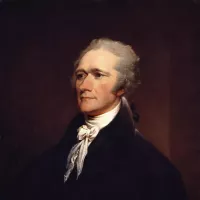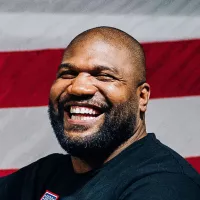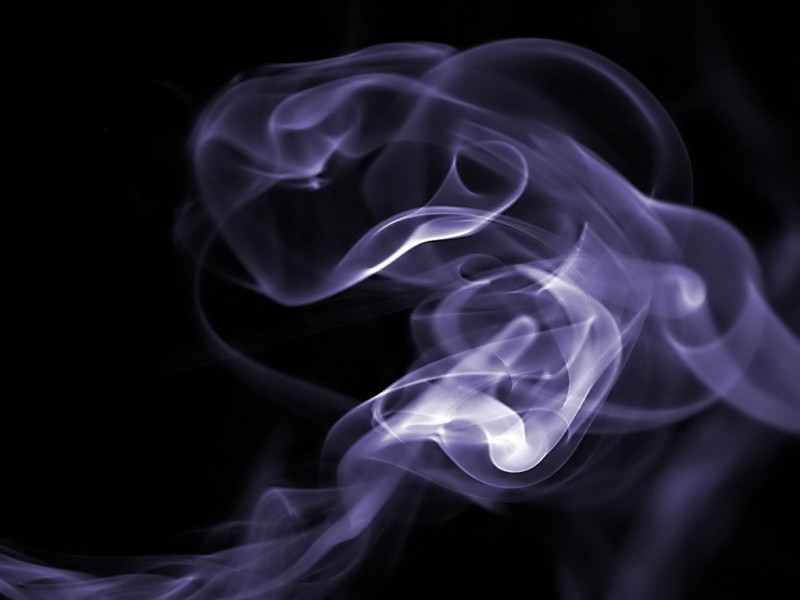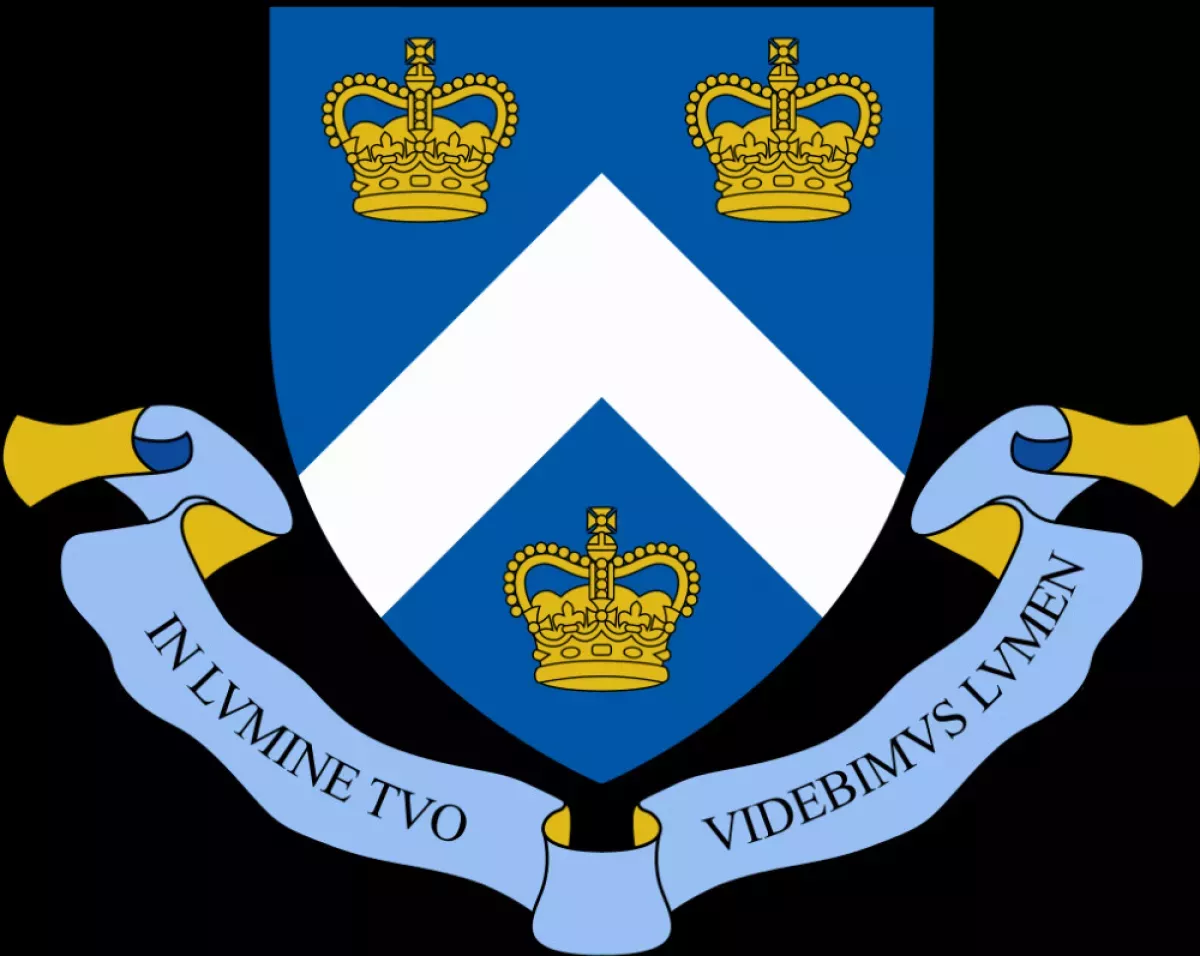Columbia University, located in New York City, is a private Ivy League research university. Founded in 1754 as King's College, it holds the distinction of being the oldest higher education institution in New York and the fifth-oldest in the United States. Situated in Manhattan, Columbia is renowned for its academic rigor, research contributions, and historical significance.
1903: Premiere of The Mischief Maker
In 1903, The Mischief Maker, written by Edgar Allan Woolf and Cassius Freeborn, premiered.
1906: Premiere of Mam'zelle Champagne
In 1906, The Mischief Maker premiered at Madison Square Garden as Mam'zelle Champagne.
1909: The founding of Notes and Keys
In 1909, Notes and Keys, the oldest a cappella group at Columbia University, was founded.
1910: Revival of the Yule Log Lighting
In 1910, President Nicholas Murray Butler revived the Yule Log lighting ceremony at Columbia University, a Christmas tradition that had lapsed. The ceremony involves students dressed as Continental Army soldiers carrying a log to John Jay Hall, where it is lit amid carols and readings.
1919: Establishment of Modern College Application
In 1919, Columbia University established a student application process which was characterized as "the first modern college application". The application required a photograph, the maiden name of the applicant's mother, and the applicant's religious background.
1920: Premiere of Fly With Me
In 1920, the show Fly With Me premiered at Columbia University.
1928: Establishment of Seth Low Junior College
In 1928, Columbia University established Seth Low Junior College to mitigate the number of Jewish applicants to Columbia College.
1934: Completion of Butler Library
Butler Library, the largest in the Columbia University Libraries system, was completed in 1934.
1934: Affiliation of Institute for Social Research
Following the rise of Nazi Germany, in 1934, the exiled Institute for Social Research at Goethe University Frankfurt affiliated with Columbia University.
1936: Closure of Seth Low Junior College
In 1936, Seth Low Junior College was closed due to the adverse effects of the Great Depression. Its students were subsequently taught at Morningside Heights.
May 17, 1939: First Televised Regular Athletic Event
On May 17, 1939, NBC broadcast a doubleheader baseball game between the Columbia Lions and the Princeton Tigers at Columbia's Baker Field, making it the first televised regular athletic event in history.
1946: Founding of the School of International and Public Affairs
In 1946, the School of International and Public Affairs was founded at Columbia University in response to the growing importance of international relations.
1946: Butler Library Renamed
In 1946, the library was renamed Butler Library.
1947: Reorganization as School of General Studies
In 1947, the program was reorganized as an undergraduate college and designated the School of General Studies in response to the return of GIs after World War II.
1948: Premiere of The Streets of New York
In 1948, the show The Streets of New York premiered at Columbia University.
1950: End of affiliation of Institute for Social Research
In 1950, the affiliation of the exiled Institute for Social Research at Goethe University Frankfurt with Columbia University ended.
1954: Columbia University Bicentennial Celebration
In 1954, Columbia University celebrated its Bicentennial.
1954: Premiere of The Sky's the Limit
In 1954, the show The Sky's the Limit premiered at Columbia University.
1961: Founding of Columbia Journalism Review
In 1961, the Columbia Journalism Review (CJR) was founded under the auspices of Columbia University's Graduate School of Journalism.
1963: Opening of The Streets of New York off-Broadway
In 1963, The Streets of New York opened off-Broadway after being revived three times.
1964: Drama Desk Award for The Streets of New York
In 1964, The Streets of New York was awarded a Drama Desk Award.
1967: Student Homophile League founding
In 1967, the Student Homophile League, which is now known as the Columbia Queer Alliance, was founded by students, including lifelong activist Stephen Donaldson. It is the oldest gay student organization in the world.
1968: Student Protests and Establishment of the University Senate
During the spring of 1968, student activism at Columbia University reached a climax with protests. Students occupied buildings on campus. The incident led to the resignation of Columbia's president, Grayson Kirk, and the establishment of the University Senate.
1979: Merger into the Graduate School of Arts and Sciences
In 1979, faculties specializing in Political Science, Philosophy, and Pure Science were merged into the Graduate School of Arts and Sciences.
1983: Start of Football Losing Streak
In 1983, Columbia University's football team began a losing streak that would last until 1988, totaling 44 consecutive losses, which is still the record for the NCAA Football Championship Subdivision.
1983: Columbia College Admits Women
In the fall of 1983, Columbia College first admitted women after failed negotiations with Barnard College to merge the two schools.
October 8, 1988: Columbia Lions Victory Over Princeton
On October 8, 1988, the Columbia Lions broke their 44-game losing streak with a 16–13 victory over Princeton University. It was the Lions' first victory at Wien Stadium.
1991: Merger into the Faculty of Arts and Sciences
In 1991, the faculties of Columbia College, the School of General Studies, the Graduate School of Arts and Sciences, the School of the Arts, and the School of Professional Studies were merged into the Faculty of Arts and Sciences.
1994: Premiere of Angels at Columbia
In 1994, the show Angels at Columbia premiered at Columbia University.
1995: Reorganization of the School of General Studies and Establishment of the School of Continuing Education
In 1995, the School of General Studies was reorganized as a full-fledged liberal arts college for non-traditional students. The same year, the Division of Special Programs, later called the School of Continuing Education and now the School of Professional Studies, was established.
1998: Inauguration of the Tree Lighting Ceremony
In 1998, the Tree Lighting ceremony was inaugurated at Columbia University. It celebrates the illumination of the trees lining College Walk, and includes free hot chocolate, performances by a cappella groups, and speeches.
1999: Founding of CORE
In 1999, The Columbia University Organization of Rising Entrepreneurs (CORE) was founded to foster entrepreneurship on campus.
October 2001: Appointment of Lee C. Bollinger as President
In October 2001, Lee C. Bollinger was appointed as the next president of Columbia University.
June 2002: Lee C. Bollinger Becomes Columbia's 19th President
In June 2002, Lee C. Bollinger became Columbia's 19th president, succeeding George Rupp.
2003: Creation of CampusNetwork
In 2003, CampusNetwork, a social networking site, was created by Columbia engineering student Adam Goldberg.
2003: Establishment of the World Leaders Forum
In 2003, Columbia University President Lee C. Bollinger established the World Leaders Forum to provide a platform for students and faculty to hear from world leaders.
2003: Supreme Court Affirmative Action Cases
In 2003, Lee Bollinger was the defendant in the Supreme Court's affirmative action cases (Gratz and Grutter), resulting in a split decision.
2004: Nobel Prize for Richard Axel and Linda Buck
In 2004, Columbia faculty members Richard Axel and Linda Buck received the Nobel Prize in Medicine.
2005: Renaming of the Columbia Military Society
In the 2005–06 academic year, the Columbia Military Society, Columbia's student group for ROTC cadets and Marine officer candidates, was renamed the Hamilton Society for "students who aspire to serve their nation through the military in the tradition of Alexander Hamilton".
September 2006: Launch of $4 Billion Capital Campaign
In September 2006, Columbia University publicly launched a record $4 billion capital campaign. Financial aid was improved, eliminating loans for undergraduates from families earning under $50,000.
2006: CORE Seed Capital Awards
As of 2006, CORE had awarded over $100,000 in seed capital to graduate and undergraduate students.
2006: National Academy Members
As of 2006, there were 101 National Academy members who were alumni of Columbia University.
2006: Office of Environmental Stewardship Established
In 2006, Columbia University established the Office of Environmental Stewardship to initiate and coordinate programs aimed at reducing the university's environmental impact.
2006: Nobel Prizes and Globalization Efforts
In 2006, Columbia faculty member Edmund Phelps received the Nobel Prize in Economics, and Orhan Pamuk received the Nobel Prize in Literature. Globalization efforts continued with the World Leaders Forum and the creation of the Committee on Global Thought.
2006: Controversy over Iranian President Invitation and Disruption of Minuteman Project Speakers
In 2006, controversy erupted over a planned invitation to Iranian President Ahmadinejad, which was ultimately canceled. Later that year, a campus event featuring Minuteman Project speakers was disrupted by protesters.
2006: Patent-Related Earnings
In the 2006 fiscal year, Columbia University earned over $230 million from patent-related deals, the highest among universities worldwide.
April 11, 2007: $400 Million Donation from John Kluge
On April 11, 2007, Columbia University received a $400 million donation from alumnus John Kluge, designated exclusively for undergraduate financial aid.
April 2007: Purchase of Manhattanville Site
In April 2007, Columbia University purchased more than two-thirds of a 17 acres site for a new campus in Manhattanville.
December 2008: Approval of Eminent Domain
As of December 2008, the State of New York's Empire State Development Corporation approved use of eminent domain for the Manhattanville expansion.
2008: Columbia Technology Ventures Management
As of 2008, Columbia Technology Ventures managed approximately 600 patents and more than 250 active license agreements.
2008: Establishment of Publius Journal
In 2008, Publius, an undergraduate journal of politics, was established at Columbia University and published biannually.
2008: Impact of the Financial Crisis
The 2008 financial crisis impacted Columbia's endowment, but less than peers, as only 13% of the operating budget was reliant on the endowment.
May 20, 2009: Approval of the Manhanttanville Expansion Plan
On May 20, 2009, the New York State Public Authorities Control Board approved the Manhanttanville expansion plan.
June 2009: Final State Approval for Manhattanville Construction
In June 2009, Columbia received final state approval for Manhattanville construction.
June 14, 2010: Launch of NYC Media Lab
On June 14, 2010, Mayor Michael R. Bloomberg launched the NYC Media Lab, a consortium including Columbia University, to promote innovation in New York's media industry.
2010: Common Application Acceptance
In the fall of 2010, Columbia College and the Fu Foundation School of Engineering and Applied Science began accepting the Common Application for admissions.
2011: Pulitzer Prize and Oscar winners
As of 2011, 125 Pulitzer Prize winners and 39 Oscar winners have attended Columbia University.
2011: Academy Awards wins
As of 2011, Columbia University alumni and former students have won a combined 43 Academy Awards.
2011: College Sustainability Report Card Rating
In 2011, Columbia University received a "B+" rating from the College Sustainability Report Card for its environmental and sustainability efforts.
2011: Ranking for Forming CEOs
In 2011, Mines ParisTech ranked Columbia University as the third-best university in the US and 12th worldwide for forming CEOs.
2011: Return of ROTC and Expansion of Global Centers
In 2011, following the repeal of "Don't Ask, Don't Tell," the University Senate voted to invite ROTC back after a 40-year absence. Columbia also expanded its Global Centers network.
January 2013: Opening of Campbell Sports Center
In January 2013, the new Campbell Sports Center opened at Columbia University's Baker Athletics Complex.
Oct 2013: Endowment Reaches $8.2 Billion
In Oct 2013, Columbia's endowment recovered from the 2008 financial crisis, reaching $8.2 billion.
2014: Start of Significant Physical Expansion
From 2014, Columbia University pursued significant physical expansion, notably opening major facilities on the Manhattanville campus and launching key strategic initiatives.
2015: Undergraduate Tuition
In 2015, the annual undergraduate tuition at Columbia University was $50,526 with a total cost of attendance of $65,860.
2016: Ranking of Universities by Billionaire Graduates
In 2016, Columbia University was ranked second worldwide, after Harvard, in a ranking of universities with respect to living graduates who are billionaires.
2016: Undergraduate Tuition
In 2016, the annual undergraduate tuition at Columbia University was $50,526 with a total cost of attendance of $65,860.
2019: American Research Universities Tier
In 2019, Columbia University was ranked in the first tier of American research universities, alongside Harvard, MIT, and Stanford, according to a report from the Center for Measuring University Performance.
March 2020: Shift to Remote Operations Due to COVID-19 Pandemic
Starting in March 2020, the COVID-19 pandemic prompted Columbia to shift to remote operations, implement hiring and salary freezes, budget cuts, and substantial borrowing.
2020: Columbia's Library System Statistics
As of 2020, Columbia's library system includes over 15.0 million volumes.
2020: Launch of the Columbia Climate School
In 2020, Columbia University launched the new Columbia Climate School.
2020: Student Demographics
In 2020, Columbia University's student population totaled 31,455, with 45% identifying as a minority and 26% having family incomes below $60,000.
2020: Graduate School Ranking
In 2020, Columbia's Graduate School of Architecture, Planning and Preservation was ranked the second most admired graduate program by Architectural Record.
2020: The Wall Street Journal and Times Higher Education Ranking
In 2020, The Wall Street Journal and Times Higher Education ranked Columbia University 15th among U.S. colleges.
2020: NewYork-Presbyterian Hospital Ranking
In 2020, U.S. News & World Report ranked NewYork-Presbyterian Hospital, affiliated with Columbia University, as fourth overall and second among university hospitals in its "Best Hospitals Honor Roll and Medical Specialties Rankings".
December 2021: Alumni, Faculty and Staff Achievements
As of December 2021, Columbia University's alumni, faculty, and staff included notable figures such as 7 Founding Fathers, 4 U.S. presidents, 34 foreign heads of state, 2 UN secretaries-general, 10 Supreme Court justices, 103 Nobel laureates, and numerous other accomplished individuals.
2021: Faculty statistics
As of 2021, Columbia University employs 4,381 faculty, including 70 members of the National Academy of Sciences, 178 members of the American Academy of Arts and Sciences, and 65 members of the National Academy of Medicine.
2021: Endowment Growth
By mid-2021, Columbia's endowment grew significantly, reaching $14.35B.
2021: Admissions for Class of 2025
In 2021, Columbia University received 60,551 applications for the class of 2025 and admitted approximately 2,218 students, resulting in an overall acceptance rate of 3.66%.
2021: World University Rankings
In 2021, Columbia University was ranked seventh in the world by Academic Ranking of World Universities and sixth in the world by U.S. News & World Report.
2021: U.S. News & World Report Ranking
In 2021, U.S. News & World Report nationally ranked individual colleges and schools within Columbia University.
2022: Criticism of University Ranking Metrics
In 2022, Columbia's reporting of metrics used for university ranking was criticized, leading to U.S. News & World Report "unranking" Columbia from its 2022 list of Best Colleges.
2022: "Free Speech Rankings"
In 2022-2023, Columbia was ranked at the bottom of 203 in "Free Speech Rankings" by the Foundation for Individual Rights and Expression and "College Pulse".
June 2023: Undergraduate Schools to No Longer Participate in U.S. News & World Report Rankings
In June 2023, Columbia University announced their undergraduate schools would no longer participate in U.S. News & World Report's rankings, following the lead of its law, medical and nursing schools.
2023: Escalating Protests Over Gaza War
Beginning in fall 2023, Columbia protests over the Gaza war escalated, marked by debates on antisemitism.
2023: "Free Speech Rankings"
In 2022-2023, Columbia was ranked at the bottom of 203 in "Free Speech Rankings" by the Foundation for Individual Rights and Expression and "College Pulse".
2023: Robert Hadden Sentenced to Prison
In 2023, Columbia gynecologist Robert Hadden, indicted in 2014 for sexually assaulting patients, was federally convicted and sentenced to 20 years in prison.
2023: U.S. News & World Report Ranking
In 2023-2024, U.S. News & World Report ranked Columbia University 12th in the United States and seventh globally.
April 2024: Police Clearing of Hamilton Hall and President Shafik's Resignation
In April 2024, escalating protests over the Gaza war led to the police clearing of Hamilton Hall and President Minouche Shafik's subsequent resignation. Katrina Armstrong replaced Shafik as Acting President.
October 2024: Louisa Gross Horwitz Prize Recipients
As of October 2024, 55 of the 117 recipients of the Louisa Gross Horwitz Prize, administered by Columbia University, had gone on to win a Nobel Prize.
2024: U.S. News & World Report Ranking
In 2023-2024, U.S. News & World Report ranked Columbia University 12th in the United States and seventh globally.
2024: "Free Speech Rankings" and "Campus Antisemitism Report Card"
In 2024, Columbia was ranked 214 of 248 in "Free Speech Rankings" by the Foundation for Individual Rights and Expression and "College Pulse". In 2024 Columbia received a D on the "Campus Antisemitism Report Card" of the Anti-Defamation League.
March 21, 2025: University Leaders Agree to Government Demands
On March 21, 2025, Columbia University leaders agreed to the government's demands to overhaul disciplinary processes, ban masks at protests, add 36 officers with the authority to make arrests and appoint a new senior vice provost to oversee academic programs focused on the Middle East.
March 28, 2025: Claire Shipman Named New Acting President
On March 28, 2025, Claire Shipman was named new Acting President of Columbia University.
2025: "Free Speech Rankings"
In 2025, Columbia was ranked 250 out of 257 top colleges in "Free Speech Rankings" by the Foundation for Individual Rights and Expression and "College Pulse". In 2025, Columbia received a D on the "Campus Antisemitism Report Card" of the Anti-Defamation League.
Mentioned in this timeline
Facebook is a social media and networking service created in...

Christmas is an annual festival celebrated on December th commemorating...
The National Broadcasting Company NBC is a major American commercial...
Germany officially the Federal Republic of Germany is a nation...

Alexander Hamilton was a prominent American statesman Founding Father and...

News encompasses information about current events disseminated through various media...
Trending

24 hours ago Magda Linette Advances to WTA Dubaj Round 2, Fr?ch Eliminated, Other Final Matches

51 minutes ago Larry Wheels Slaps DeenTheGreat for Flirting with Wife on Rampage Jackson's Stream.

52 minutes ago Centreville Home Explosion: Gas Leak Source Remains Unknown After Two Days of Investigation

3 months ago Anisimova at WTA Finals: Semifinal showdown against Sabalenka, Rybakina advances to the final.

52 minutes ago Clara Tauson advances in Dubai, defeating Stearns and facing Linette next.

2 hours ago Selena Gomez and Benny Blanco celebrate Valentine's Day, sparking fan discussions and admiration.
Popular

Jesse Jackson is an American civil rights activist politician and...
Randall Adam Fine is an American politician a Republican who...

Pam Bondi is an American attorney lobbyist and politician currently...

Barack Obama the th U S President - was the...

Kid Rock born Robert James Ritchie is an American musician...

XXXTentacion born Jahseh Dwayne Ricardo Onfroy was a controversial yet...
